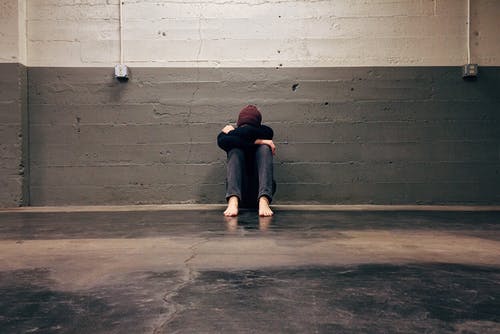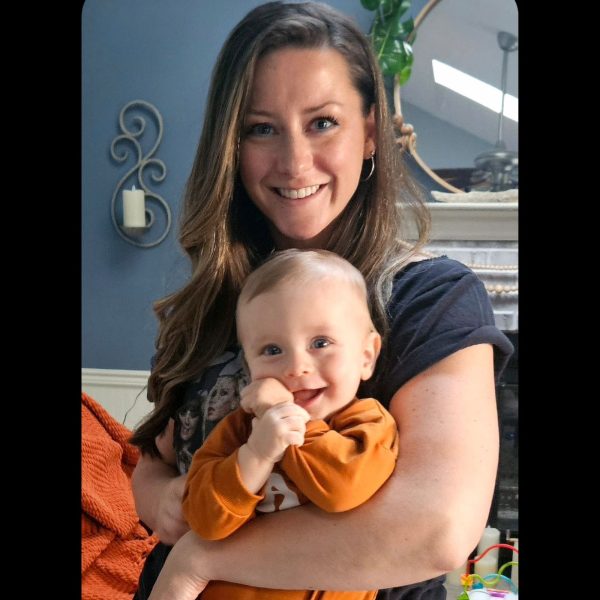Feeling Anxious? You’re Not Alone

December 18, 2018
Stress, anxiety, and depression are all loosely defined words, that are often used to blanket the more uncomfortable emotions every human will feel from time to time. Although anxiety is a common feeling, especially in higher education students, like high school and college, when that anxiety interferes with your ability to function at your best, it can be classified as an anxiety disorder.
In the United States, about ten percent of Americans suffer from a true anxiety disorder, the most common of which include, Generalized Anxiety Disorder(GAD), Obsessive Compulsive Disorder(OCD), Panic Disorder, Social Anxiety Disorder and Post-Traumatic Stress Disorder(PTSD). Although only ten percent will have a diagnosed anxiety disorder, an increase in the number of people who are anxious about things like, health, global warming, and terror attacks, have all increased, as well as the average level of anxiety concerning these things.
Unfortunately, one of the sad facts of life is that being somewhat anxious about a big test, or the ever-present possibility that you or your loved ones can be harmed is completely normal, and it can’t and shouldn’t be avoided. A mild amount of anxiety before a test has shown to benefit students more often than not, increasing focus and mental speed; this is not true for anxiety disorders, wherein the fight or flight response often kicks in during tests, making it difficult for sufferers to concentrate, and may even cause someone to avoid the test altogether. In addition, those who are more concerned about their health are more likely to get the necessary vaccines and disease screenings to prevent or properly treat substantial illnesses. The overall message from scientists is that some anxiety is good, but as with everything, too much can be harmful.
The question most scientists are asking is: Why have anxiety levels increased in the past several generations? Some explanations are more obvious, while others are more hidden. In most scientific opinions, they do not believe that the prevalence of Anxiety Disorders like, OCD and GAD have increased; however, Social Anxiety Disorder, test anxiety, and everyday anxiety levels have been on the rise. The explanation for an increase in Social Anxiety Disorder is rather simple; although all people(mostly teens), will experience isolation or discrimination from certain groups, this discrimination is made more obvious through social media. How many people want to follow you, how many likes you get on a picture and even who makes a birthday post about you can increase the levels of anxiety you feel in your friend group; many become more worried about showing their worth on social media rather than in real life. In addition, social media is where people share the best parts of their lives, and this makes many feel as though their life is less exciting and happy than their peers. An increase in test anxiety has often been blamed on the introduction of standardized tests, the decrease in college acceptance rates, and the common expectation that most people should go to college.
Another significant portion of elevated anxiety rates are because of what we see on the news. Before televisions were in every home, and smartphones in everyone’s’ hands, people got their news primarily from the newspaper. Newspapers are only printed once a day, whereas, in the case of TV, new information is often displayed hourly or sometimes in minutes; in the case of smartphones, new information is put out every second. Additionally, news stations and radio stations have to be careful in screening what they say on TV, to ensure the news is as accurate as possible; on the internet, any information can be put up with any level of exaggeration. Terror attacks and wars have always been happening, but due to their increasing prevalence, and the news sources we have in front of us, humans know a lot more about the dangers of the world around them. The saying, “ignorance is bliss,” is most certainly true when it comes to what’s going on in the world. This expectation of instant gratification is also leading to increased impatience and anxiety about not being, “in the loop.”
Although anxiety rates have increased(as stated by medical and mental health professionals), self-diagnosis is also on the rise. If you’re experiencing symptoms of having a mental disorder, it would be best to seek help from a trusted adult, who may be able to get you in contact with professional help.









